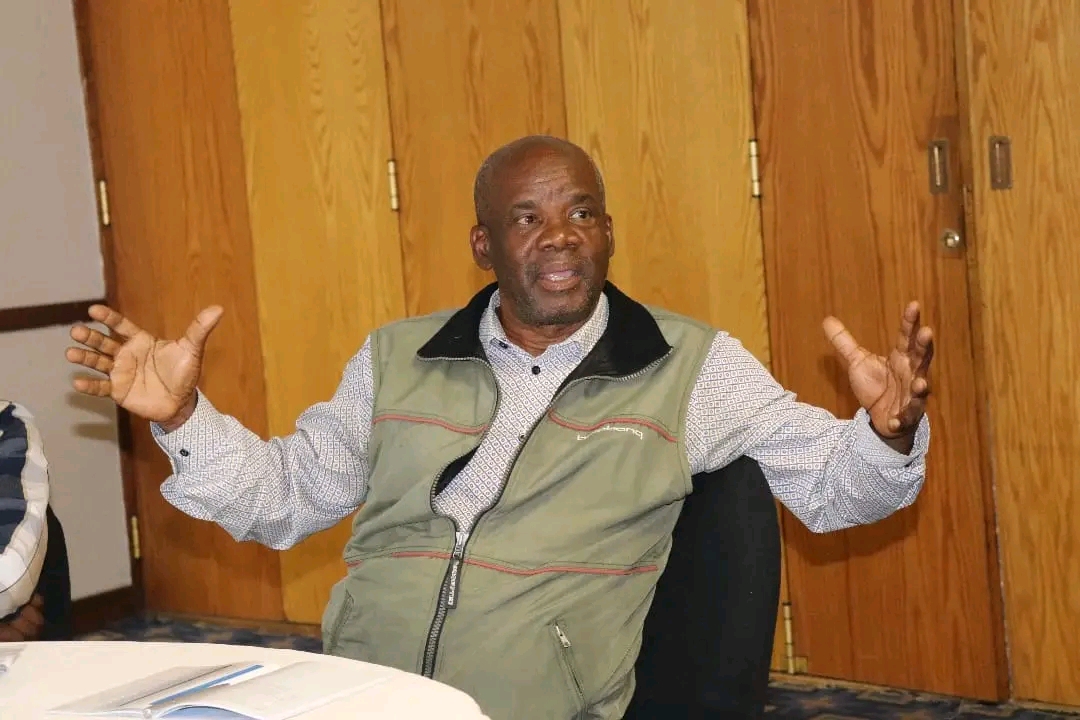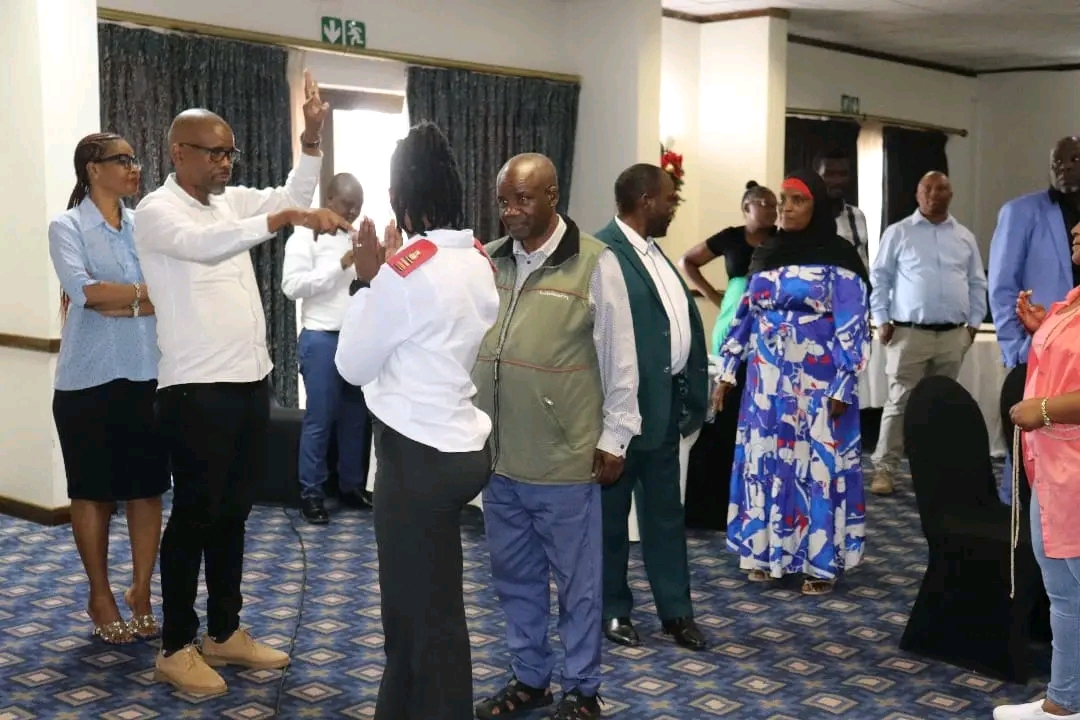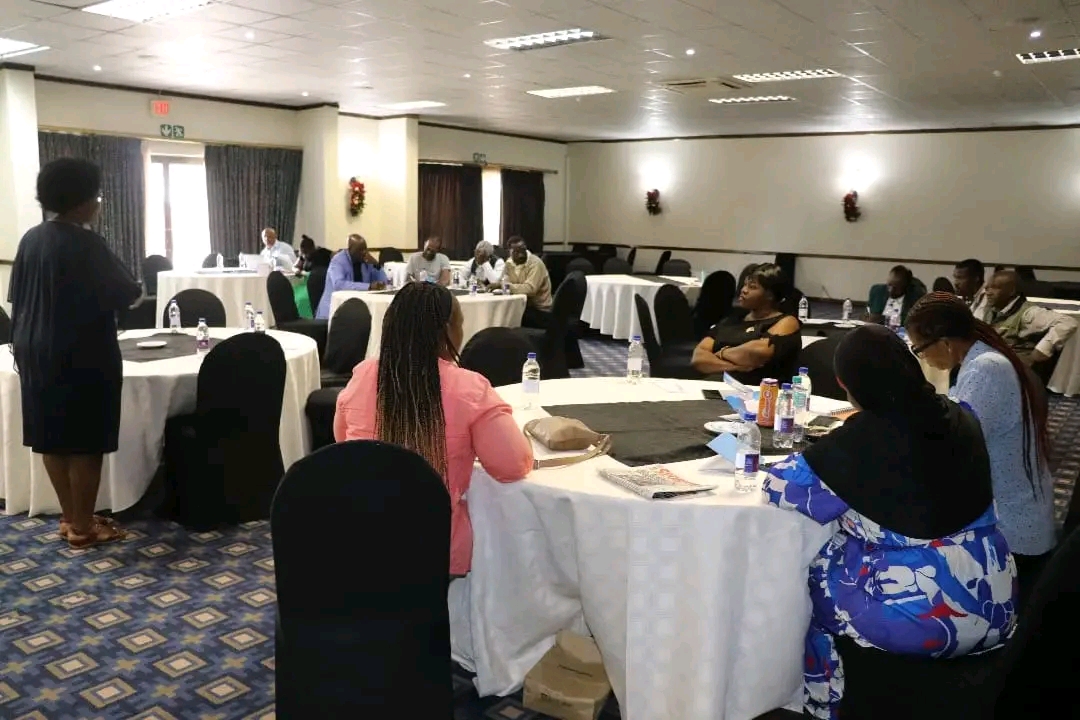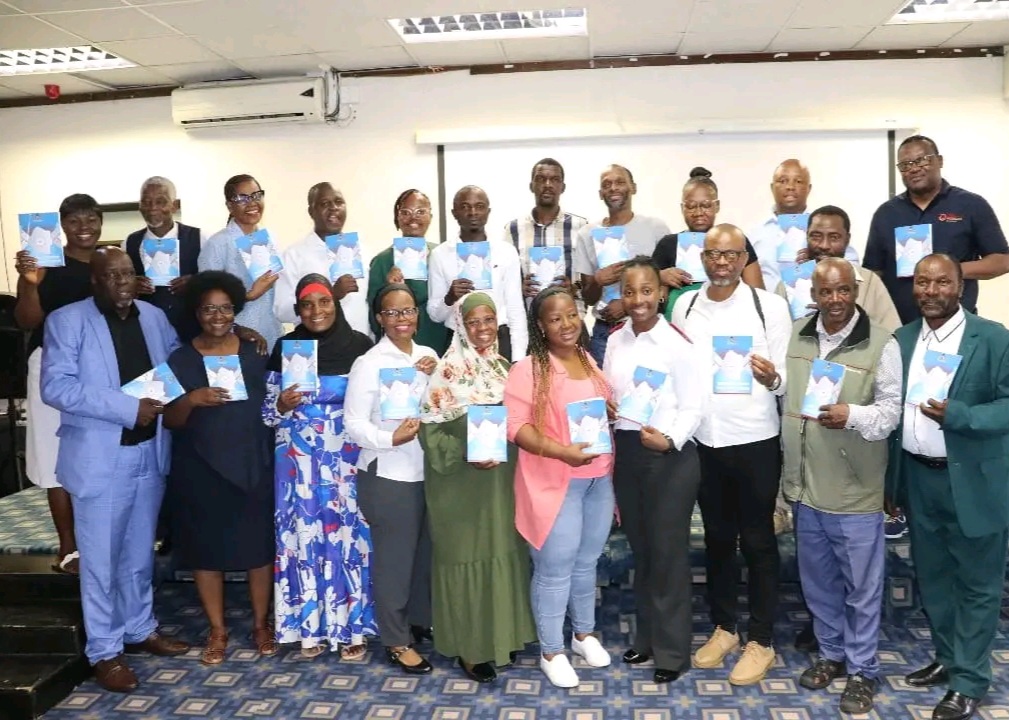By Mbono Mdluli
MBABANE – Publicly disclosing their HIV status could make religious leaders powerful allies in Eswatini’s fight to eliminate HIV/AIDS, says renowned HIV activist Vusi Matsebula.

Speaking during a meeting between the Ministry of Health and various faith and community organizations at The George Hotel in Manzini on December 10, 2024, Matsebula, founder of the organization Turn It Around (TIA), called on religious leaders to lead by example in addressing stigma and discrimination still surrounding HIV/AIDS.

Matsebula believes that the faith community holds immense influence in society and that disclosing their HIV status would send a powerful message of hope, compassion, and strength. He emphasized that this act could inspire congregants to access HIV prevention services and treatment without fear of judgment.
“The Faith Sector can have more impact in addressing issues of HIV if more faith leaders can come forth and disclose their HIV status. That puts faith into action and shows people it is possible to live a long life with HIV,” Matsebula said, as quoted by the Ministry of Health.

The meeting, which is part of the Ministry’s quarterly engagements with the Interfaith community, provided a platform for leaders to voice concerns and collaborate on strategies to fight stigma while promoting health education within congregations.
Matsebula shared his personal experience of living with HIV, highlighting how openness can break the chains of stigma. He argued that religious leaders, who preach messages of hope and God’s unwavering presence during life’s darkest moments, are in a unique position to lead this conversation.
Matsebula is the second Liswati to declare his HIV status, after Hani Dlamini. Matsebula knew that he was living with HIV in 1992 and he publicly declared his status in 1996. Dlamini declared his status in 1995.

“Revealing one’s status can strengthen people’s belief in God, as they witness the resilience and hope that only faith can inspire,” Matsebula explained.
He further criticized outdated misconceptions that associate illness or vulnerabilities with sin, stating that such beliefs perpetuate harmful stigma. Matsebula challenged faith leaders to bring healing not only through words but also through actions that embody acceptance and solidarity.
The Ministry of Health commended efforts from the faith sector, particularly the creation of the Stigma and Discrimination Manual, which will serve as a guide for fostering inclusive discussions about HIV and other health issues in faith-based spaces.
Participants also reflected on the sacrifices made by individuals who openly declared their HIV status during times when it was taboo to do so. These courageous individuals, they agreed, provided hope to a nation grappling with despair when HIV/AIDS first struck.
By urging leaders to take bold steps in sharing their statuses, Matsebula believes the faith sector can spark a movement of acceptance and empowerment that extends beyond churches into homes and communities.
As Eswatini continues its fight against HIV/AIDS, the role of religious leaders in addressing stigma, fostering dialogue, and encouraging care cannot be overstated.
“The fight against HIV requires action, faith, and compassion. Religious leaders can become beacons of hope by showing that living with HIV does not diminish one’s value or faith.”
With collaboration between faith-based organizations and health professionals, the hope remains that stigma will be replaced with understanding, paving the way for a healthier and more inclusive Eswatini.






